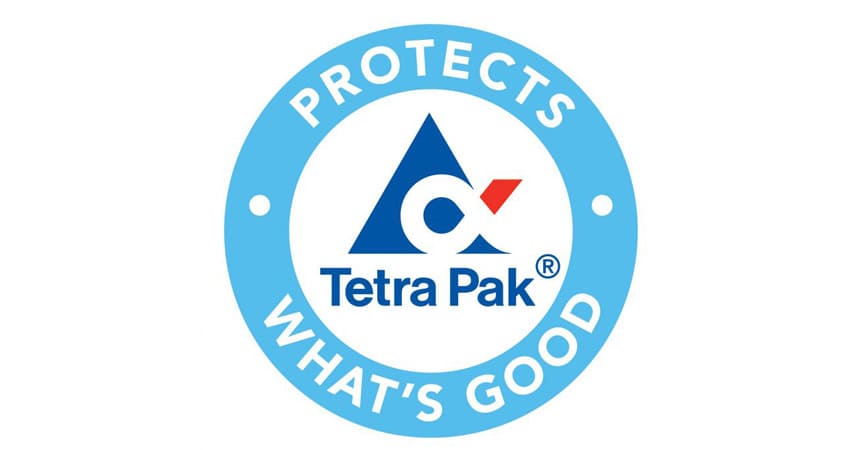New Delhi: Smart packaging technologies based on unique digital codes will take both online and off-line grocery in exciting new directions over the next few years, says the Tetra Pak Index 2018, launched on Thursday.
Online grocery shopping is growing at a double-digit rate, including in India, while traditional stores are being reinvented, merging together into an omnichannel where consumers expect to be able to buy whenever, wherever and however they choose, with the smartphone as their compass. Packaging will play an important role in response to the trends that are shaping the growth of on-line grocery, says the company.
Tetra Pak India and BigBasket
UHT milk has been selling well on online platforms in India, especially in metropolitan areas, driven particularly by convenience and food safety factors. As part of its strategy to convert consumers in India to UHT milk from other formats, Tetra Pak partnered with BigBasket, the country’s number one online grocery platform with around 0.5m consumers ordering every month across more than 25 cities.
The joint campaign targeted 100,000 non-buyers of UHT milk in New Delhi, Mumbai and Bangalore, with banner advertising on the BigBasket portal and mobile app offering free samples of Amul Tazaa and Nandini branded milk in Tetra Pak packages. Tetra Pak sponsored the cost of the initiative, while BigBasket managed the logistics, delivery and data analytics.
BigBasket tracked six to eight weeks of purchase data to check the uptake in UHT purchases and increase in average business. The result? More than 15,000 new UHT milk buyers after the promotion period.
Four trends shaping the growth of on-line grocery
The Tetra Pak Index 2018 highlights the four key trends shaping the growth of on-line grocery:
Convenience: The main driver for online consumers take-up, as time-crunched consumers look for new ways to make their life easier. Key opportunities include easy product replenishment, voice, and convenient packaging
Personalisation and uniqueness: Customisation of products and personalisation in the consumer journey will be important differentiators going forward. This is accelerating the direct-to-consumer trend and as many as 80 percent of consumer-packaged goods companies are predicted to migrate to this model by 2025.
Technology and performance: Super-fast delivery in as little as 10 minutes is expected by 2025, changing consumer behaviour to buy more frequently and in smaller amounts, adding more complexity to the logistics. Supply chains will continue to be transformed by a raft of technologies, notably radio-frequency identification (RFID) and robotics, boosting efficiency and transparency.
Sustainability: Pressure on plastic and awareness of the circular economy will continue to grow, and recycling will become ever more important. Consumers want to know whether brands are ‘doing the right thing’.
“Globally, the growth in online grocery channel is driven by increased convenience, opportunity for
personalisation, faster last mile delivery, enhanced value offering to the consumers and sustainability. In India as well, online food and grocery is expected to grow at a CAGR of approx 70 percent to reach USD 5 billion by 2020. ‘Smart’ packaging can play an important role in accelerating this growth, by offering significant advantages in consumer engagement solutions as well as traceability for our food and beverage customers,” said Saumya Tyagi, Director Marketing, South Asia Markets, Tetra Pak.
The role of smart packaging
Smart packaging technologies based on unique digital codes allow each and every product package to be given a unique identifier. These codes can be read by either data scanning devices or an ordinary smartphone, linking to vast amount of information and opening up all kinds of possibilities.
It creates an interactive channel with individual consumers, allowing brands to have a real time conversation with the consumer, sharing details on the sourcing of raw materials, nutritional facts, as well as games, promotions and environmental information.
At the same time, with insights captured through these digital codes, brands can continuously improve the shopping experience and make it ever more personalised for the consumer.
E-retailers are also calling for unique identifiers compatible with the robotic technology used in their warehouse and distribution, as this is widely seen as the key to success in e-commerce. Data and full traceability helps them navigate complex logistics and improve efficiency, moving closer to real-time order fulfilment.
Tetra Pak Index 2018 is based on consumer research conducted select countries, a global market segmentation study, as well as interviews with e-retailers. (ANI)

